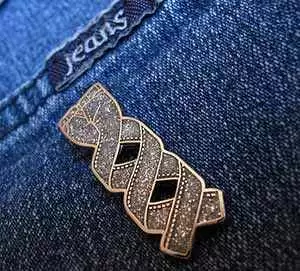Celiac.com 06/08/2012 - In a new study, researchers at Brigham and Women's Hospital (BWH) addressed whether the genetic risk of the most common medical conditions, including celiac disease, stems from many rare mutations that each confer a high degree of risk in various people, or from common differences throughout the genome that modestly influence risk.
 They used data and new analysis tools to assess new methods to better understand gene mutations for celiac and three other diseases, rheumatoid arthritis, coronary artery disease and myocardial infarction (heart attack); and type 2 diabetes.
They used data and new analysis tools to assess new methods to better understand gene mutations for celiac and three other diseases, rheumatoid arthritis, coronary artery disease and myocardial infarction (heart attack); and type 2 diabetes.
Celiac.com Sponsor (A12):
The researchers developed a new statistical method that used what is called "polygenic risk score analysis," to estimate the heritable genetic markers of these diseases that is explained by common differences across the genome.
The method makes use of data from earlier genome-wide association studies, or GWAS, an approach used to scan DNA samples for common genetic markers seen throughout the population—called SNPs (single nucleotide polymorphisms).
For rheumatoid arthritis, the team used computer simulations to show that the underlying genetic risk is largely due to many common alleles rather than rare mutations.
They observed similar results for celiac disease (43 percent), myocardial infarction (48 percent) and type 2 diabetes (49 percent).
"What is remarkable," says senior author Robert Plenge, MD, PhD, BWH director of Genetics and Genomics in the Division of Rheumatology, Immunology and Allergy, "is that our statistical model was broadly applicable to several common diseases, not just rheumatoid arthritis...Our study provides a clear strategy for discovering additional risk alleles for these and likely many other common diseases."
According to the researchers, these methods can be applied to other genome-wide datasets (e.g., GWAS or whole genome sequencing) to estimate the degree to which there is a genetic component.
Source:
- Open Original Shared Link





Recommended Comments